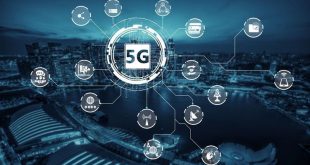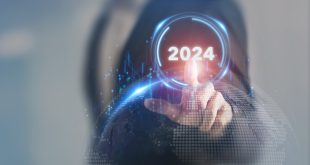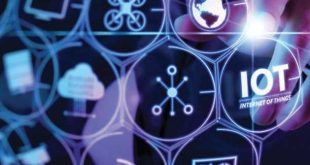Artificial Intelligence (AI) has rapidly evolved in recent years, transforming industries and shaping the way we live and work. From self-driving cars to virtual assistants, AI is becoming increasingly integrated into our daily lives. As we look to the future, several trends and predictions are emerging that will further revolutionize AI and its applications.
1. Continued Growth in AI Adoption
AI adoption is expected to continue growing across various industries. Businesses are increasingly recognizing the benefits of AI in improving efficiency, reducing costs, and enhancing customer experiences. From healthcare to finance to manufacturing, AI will play a crucial role in driving innovation and competitiveness.
2. Expansion of AI in Healthcare
AI has the potential to revolutionize healthcare by enabling more personalized and efficient patient care. Predictive analytics, image recognition, and natural language processing are just a few examples of AI applications in healthcare. AI-powered technologies can help diagnose diseases, recommend treatment plans, and improve patient outcomes.
3. Advancements in Autonomous Vehicles
The development of autonomous vehicles is a key area where AI is making significant strides. Companies like Tesla, Google, and Uber are investing heavily in AI technology to make self-driving cars a reality. As AI algorithms become more sophisticated and reliable, we can expect to see more autonomous vehicles on the roads in the coming years.
4. Enhanced Natural Language Processing
Natural Language Processing (NLP) is a branch of AI that focuses on enabling computers to understand, interpret, and generate human language. With advancements in NLP, we can expect to see more accurate and context-aware virtual assistants, chatbots, and language translation tools.
5. Ethical and Regulatory Challenges
As AI becomes more pervasive, ethical and regulatory challenges will come to the forefront. Questions around data privacy, algorithmic bias, and AI’s impact on jobs will need to be addressed. Governments and organizations will need to establish guidelines and regulations to ensure AI is used responsibly and ethically.
6. AI-Powered Cybersecurity
AI has the potential to revolutionize cybersecurity by detecting and responding to threats in real-time. AI algorithms can analyze vast amounts of data to identify patterns and anomalies that may indicate a cyberattack. As cyber threats become more sophisticated, AI-powered cybersecurity will be crucial in protecting sensitive information.
7. AI in Education
AI has the potential to transform education by personalizing learning experiences for students. Adaptive learning platforms can analyze student performance data to create customized learning paths. AI-powered tutoring systems can provide real-time feedback and support to students, enhancing their learning outcomes.
Conclusion
The future of AI is filled with exciting possibilities. From healthcare to autonomous vehicles to cybersecurity, AI will continue to transform industries and improve our lives. However, as AI technology advances, it’s important to address ethical, regulatory, and societal implications to ensure that AI is used responsibly and ethically. By embracing AI and its potential, we can create a future where technology enhances human capabilities and enriches our lives.
 KKK14TV
KKK14TV



